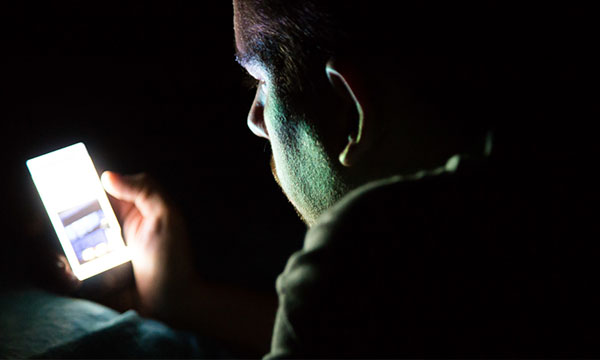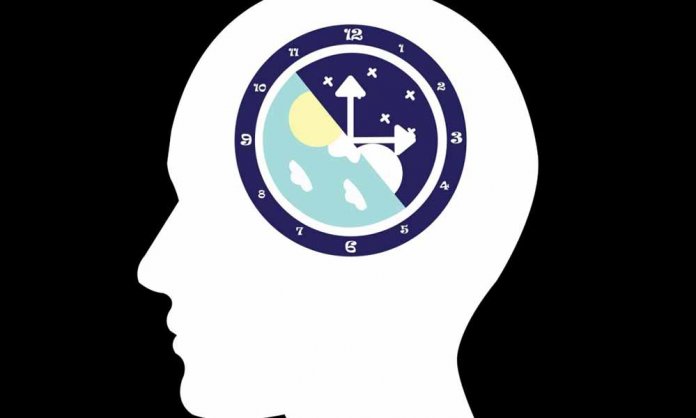You can easily monitor the time on your alarm clock, but you can’t possibly know how you’re throwing your body’s biological clock out of the window. Body’s biological clock, mostly known as circadian rhythms, occurs in a cycle within 24 hours. They are internal variations in the shape that occur in series controlled solely by the brain.
Do you ever wonder why you wake up minutes before your alarm clock rings? Or feel hungry precisely at the same time during the day? It is your body’s biological clock that is sending signals to your body.
During the lockdown, our routines have been jinxed big time! You ask, why? The answer is your biological clock is disturbed, and it can throw off your routine for days unless you make a conscious effort.
Not having a proper sleep routine can have a significant impact on your health.
It is the 21st century, and scientists still don’t know much about the biological clock. However, the information we have is still pretty impressive. In this article, we have listed five things you didn’t know about your body’s biological clock:
1 – Electronic Light Can Ruin Your Internal Clock
Lights from your lamp, phone, tv, etc. can trick your brain into thinking it is time to wake up or not sleep. Instead, at night you should be able to settle down, listen to your body’s needs, and fall asleep promptly that you get at least eight hours of sleep.
“Technology has effectively decoupled us from the natural 24-hour day to which our bodies evolved, driving us to go to bed later,” Charles A. Czeisler, M.D.

2 – Your Genes Work Based on an Internal Clock
In a case study, researchers studied the genes of a small group of participants who were sleeping 12-hours off from their regular schedule, which turns out all their genes were troubled.
“Over 97 percent of rhythmic genes become out of sync with mistimed sleep, and this explains why we feel so bad during jet lag, or if we have to work irregular shifts,” says study researcher Simon Archer, Ph.D.
3 – Your Genes Also Affect Your Immune System
Specific genes that are responsible for fighting off bacteria also work according to your body’s biological clock. Ever noticed getting sick after not sleeping for a couple of nights in a row? Your body is screaming for help!
“If we have a better understanding of how specific immune markers are affected or changed by disruptions in our circadian rhythm, then we may be better able to advise the public on how to potentially ward off sickness, especially when they might be more vulnerable to a cold, flu or virus,” says Rebecca Scott, a sleep specialist at the New York Sleep Institute.

4 – A Crooked Biological Clock Could Affect Fertility
A proper routine is what you need to have a healthy body to conceive. Confusing your brain with artificial lights at night can take a toll on your ability to design. Avoid staying up late, or using your devices late at night.
5 – Clinically Depressed Individuals Might Have a Sleeping Problem due to the Circadian Clocks
A sample of a healthy individual’s brain and a clinically depressed individual’s mind at the time of his/her death was monitored. Researchers found out that the clinically depressed individual might have sleeping problems.
“They seem to have the sleep cycle both shifted and disrupted,” study researcher Jun Li, a professor of human genetics at the University of Michigan, told LiveScience. “They seem to be sleeping at the wrong time of the day, and the quality of their sleep is also different from healthy sleep.”
How Can You Limit Blue Light with Night Shift on iPhone? Read the full story here:
Have something to add? Let us know in the comment section below.
For more news and updates, stay tuned to Brandsynario.




































